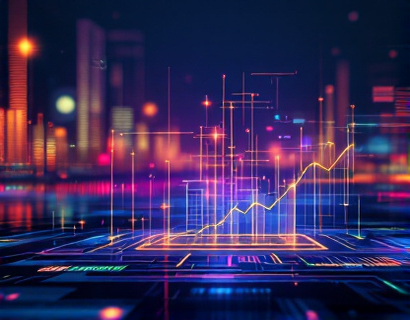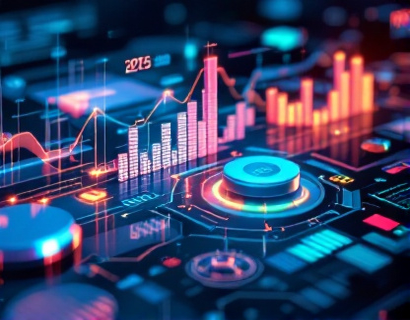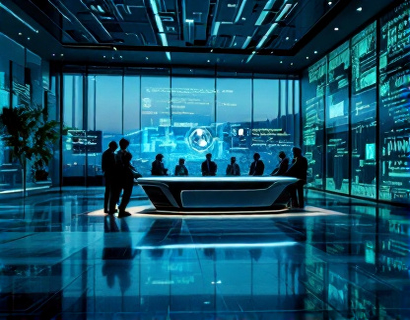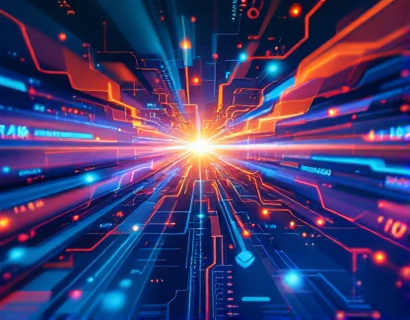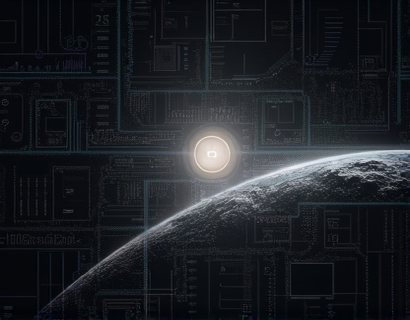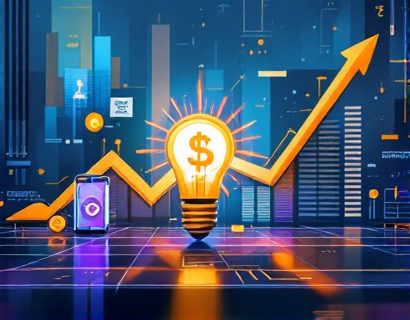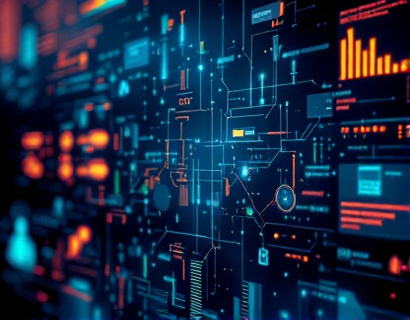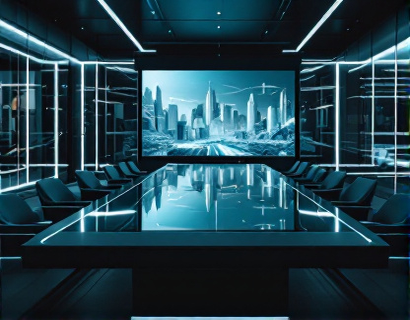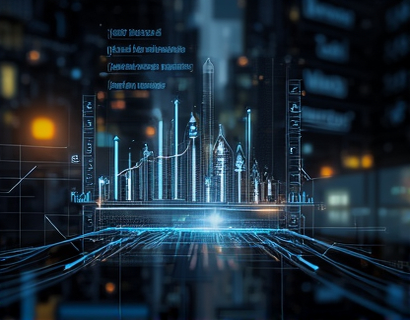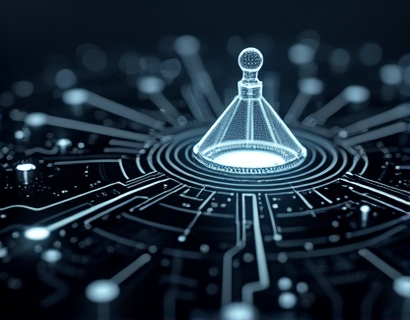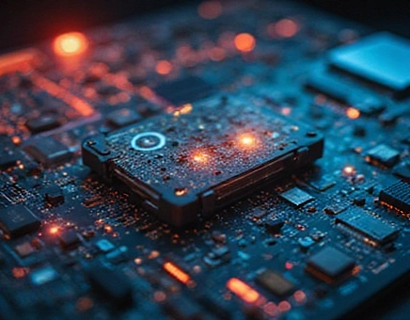Elevate Your Restaurant: Expert Management Software for Streamlined Operations and Enhanced Customer Experiences
In the competitive world of dining, restaurant owners and managers face numerous challenges daily. From managing staff schedules and inventory to ensuring customer satisfaction, the tasks can seem overwhelming. However, with the right tools, these challenges can be transformed into opportunities for growth and success. Advanced management software, expertly crafted for the restaurant industry, offers a comprehensive solution to streamline operations and enhance customer experiences. This article delves into the benefits and features of such software, providing insights into how it can elevate your restaurant's performance and reputation.Streamlining Internal Workflows
One of the primary advantages of implementing expert management software in a restaurant setting is the optimization of internal workflows. These systems are designed to automate and simplify various tasks, reducing the likelihood of errors and increasing efficiency. Here are some key areas where software can make a significant impact:Staff Management: Managing a restaurant's workforce can be complex, especially with varying shifts, schedules, and employee availability. Advanced software allows for seamless scheduling, automatic notifications, and real-time updates. This ensures that staff are always informed about their duties, reducing no-shows and last-minute adjustments. Additionally, the software can track employee performance, provide feedback, and facilitate training, leading to a more skilled and motivated team.
Inventory Control: Keeping inventory levels optimal is crucial for maintaining profitability. Management software can track stock levels, monitor usage, and predict when items need to be reordered. This reduces waste and ensures that popular items are always in stock, enhancing the customer experience. Some systems even integrate with suppliers for automated reordering, further simplifying the process.
Financial Management: Accurate financial tracking is essential for the health of any restaurant. Expert software provides detailed reports on revenue, expenses, and profit margins. This data can be used to make informed decisions about pricing, menu adjustments, and cost-cutting measures. Real-time financial insights enable managers to respond quickly to changes in the market or operational costs.
Enhancing Customer Experiences
While internal efficiency is crucial, the ultimate goal of restaurant management software is to enhance the customer experience. A satisfied customer is more likely to return and recommend your establishment to others. Here’s how advanced software can help achieve this:Reservations and Waitlist Management: Managing reservations and waitlists can be a cumbersome task, especially during peak hours. Software solutions offer online reservation systems that allow customers to book tables easily. These systems can also manage waitlists, notify customers when their table is ready, and provide options for table upgrades or special requests. This level of convenience and personalization significantly improves customer satisfaction.
Order Management: Streamlining the order process is vital for a smooth dining experience. Advanced software can handle orders from multiple sources, including dine-in, takeout, and delivery. It can prioritize orders based on preparation time, allocate tasks to kitchen staff, and provide real-time updates to customers. This reduces wait times and ensures that orders are prepared accurately and efficiently.
Customer Feedback and Reviews: Gathering and responding to customer feedback is essential for continuous improvement. Management software can collect feedback through various channels, such as online surveys, comment cards, and social media. This data can be analyzed to identify areas for improvement and to recognize successes. Promptly addressing customer concerns and showcasing positive reviews can enhance your restaurant’s reputation and attract more customers.
Improving Communication and Collaboration
Effective communication and collaboration among staff are critical for the smooth operation of a restaurant. Expert management software facilitates better communication and teamwork, leading to a more cohesive and productive environment.In-App Messaging: Many advanced systems include an in-app messaging feature that allows staff to communicate in real-time. This is particularly useful for coordinating tasks, addressing issues, and providing updates without the need for constant phone calls or walkie-talkies. It ensures that everyone is on the same page and can respond quickly to changing situations.
Shared Access to Information: Centralized access to important information, such as menus, pricing, and policies, ensures that all staff members are well-informed. This reduces the risk of errors and inconsistencies, providing a more reliable service to customers. Staff can access this information from their mobile devices, making it convenient and accessible at all times.
Data-Driven Decision Making
One of the most powerful aspects of management software is its ability to provide data-driven insights. By analyzing various metrics, restaurant owners and managers can make informed decisions that drive business growth and improve operations.Performance Analytics: Detailed analytics on sales, customer behavior, and operational efficiency can help identify trends and patterns. For example, knowing which menu items are most popular during certain times can inform menu engineering and promotional strategies. Similarly, analyzing peak hours and slow periods can optimize staff scheduling and resource allocation.
Customer Insights: Understanding your customer base is crucial for tailoring services and offerings. Software can provide demographic data, purchase history, and feedback insights. This information can be used to create targeted marketing campaigns, personalized promotions, and improved customer service, leading to higher customer loyalty and retention.




